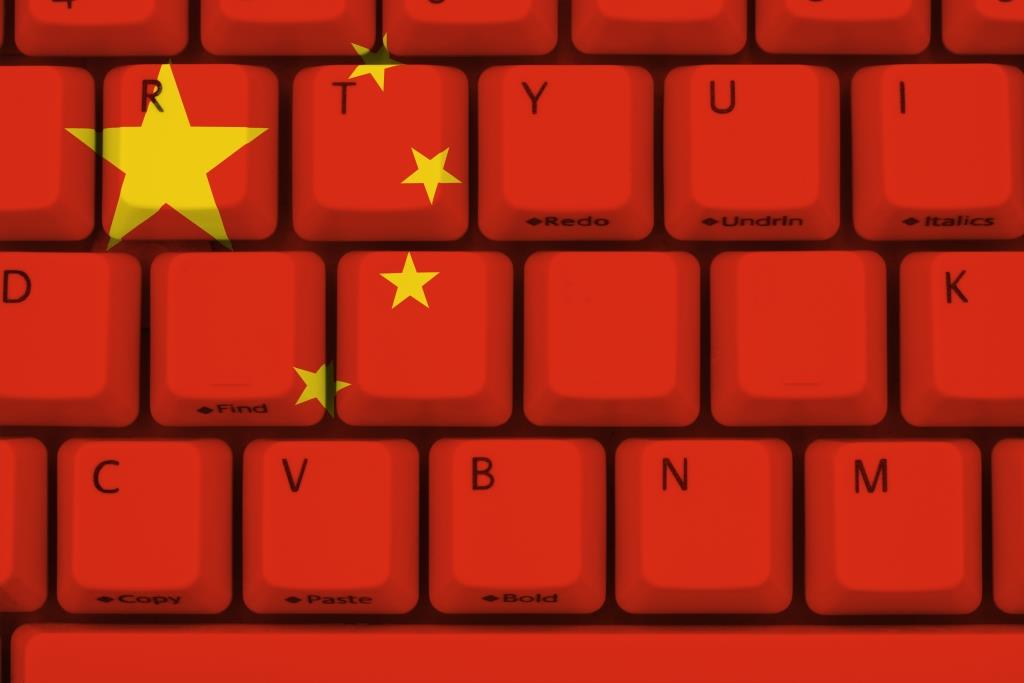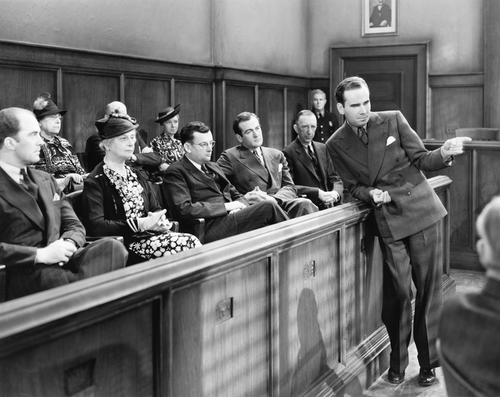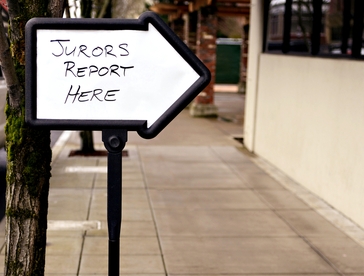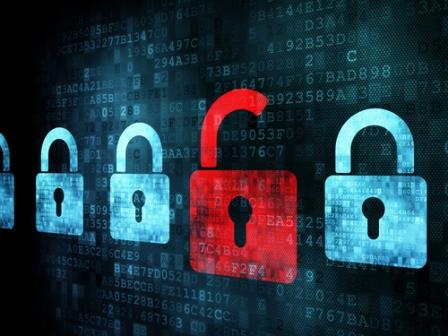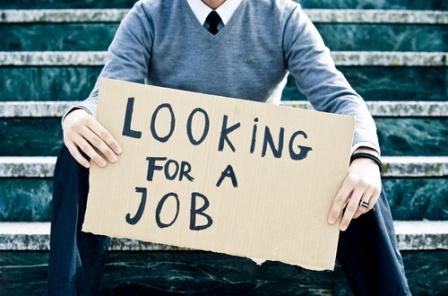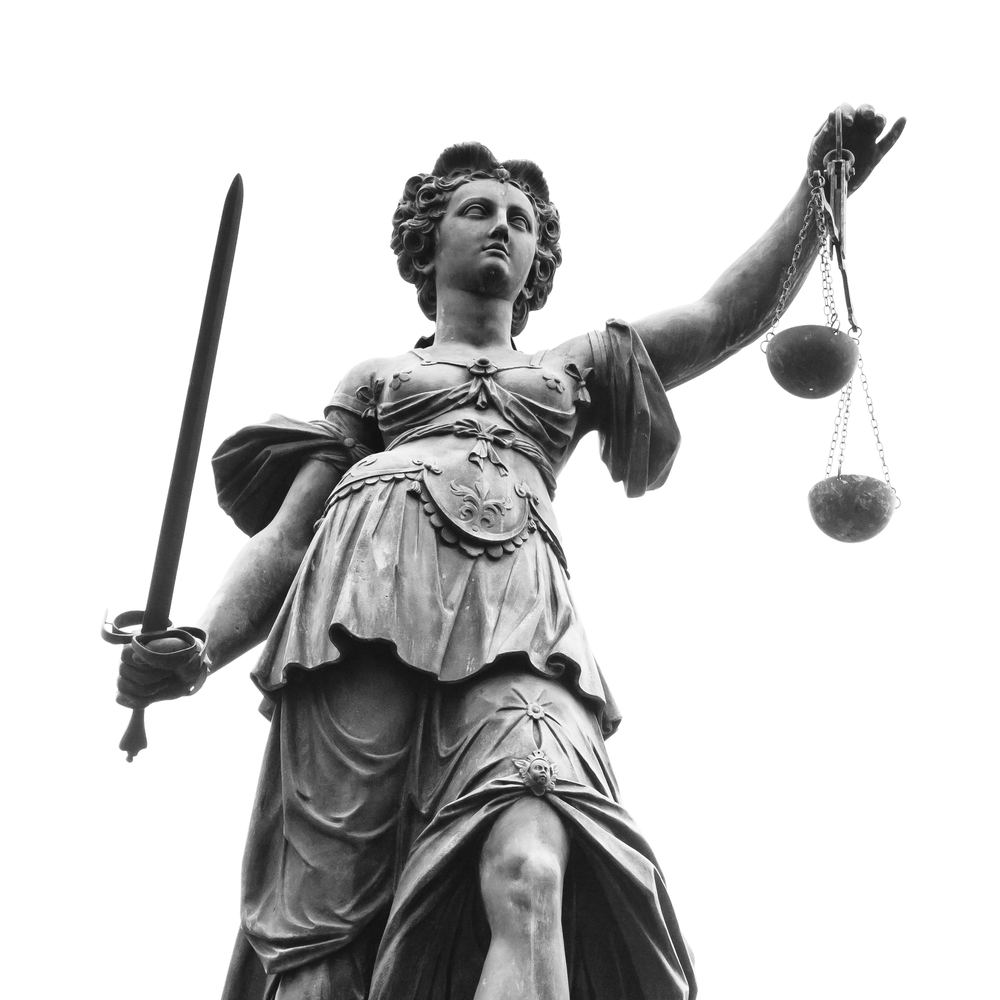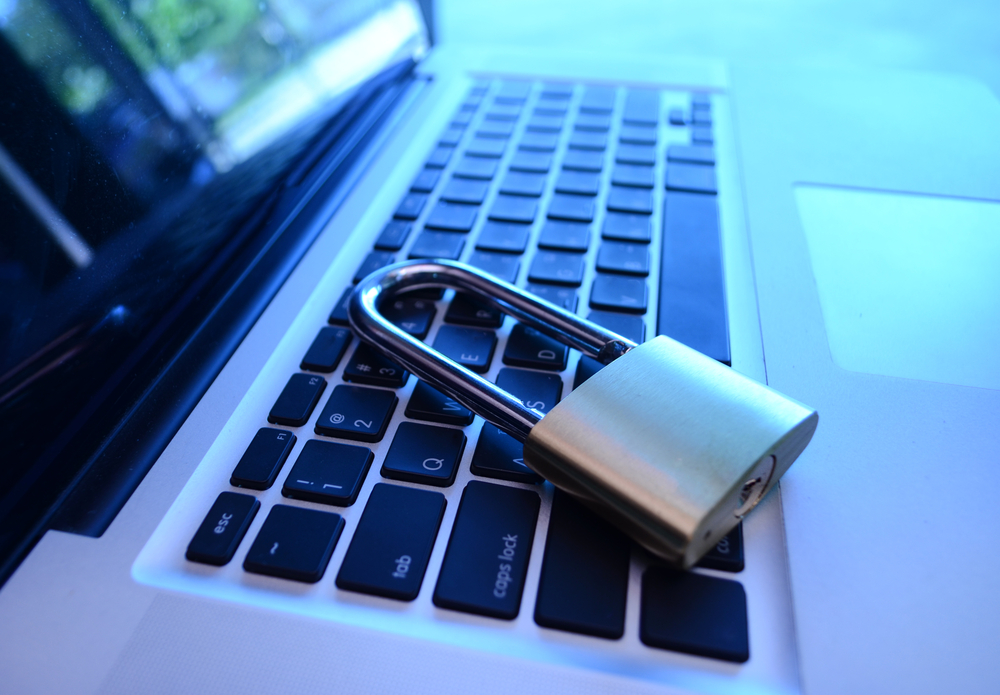The U.S. Justice Department has charged members of the Chinese military with allegedly engaging in economic espionage against American companies. It’s the first time that the United States has leveled such charges against agents of a foreign country. But with the accused in China, is this more bluster than bombshell? Or are actual prosecutions possible?
A federal grand jury empanelled at the U.S. District Court for the Western District of Pennsylvania (where most of the target companies are located) returned an indictment against five members of a Chinese military unit in Shanghai, accusing them of conspiring to hack into the computer systems of six American companies. READ MORE


